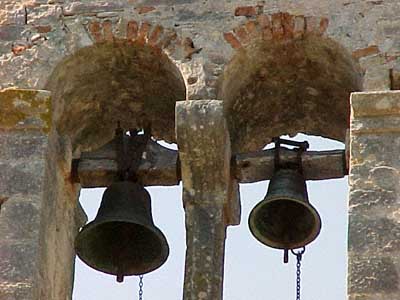I have a friend who is an Atheist. He does not believe in God, and he most particularly does not believe in religion. He does believe in science, intelligence, compassion, and justice. Yesterday, after a group of religious people entered the offices of a newspaper in Paris and murdered 11 journalists because they thought God was offended by things the paper had printed, my friend wrote on Facebook:
Goddamn religion. Makes me want to puke.Considering the news from France, it was hard to disagree with him.
Which is why I was especially gratified to find this passage from the first letter of John in this morning's lectionary. They were words I needed to hear: words that everyone needs to hear: especially those of us who embrace religion as a source of spiritual and moral guidance.
Everyone who loves is born of God and knows God. What an amazing and radical idea to preach to a church that was at that time being persecuted into extinction by the Roman empire. There is no call to defend God. No enlisting of Christian Soldiers. To the contrary, John says Those who say, ‘I love God’, and hate their brothers or sisters,* are liars... This is tough stuff to swallow. The implication here is obvious and in a way terrifying. Whoever hates another person, hates God.
How do we love Christ? We obey his commandments. And how do we do that?
I give you a new commandment, that you love one another. Just as I have loved you, you also should love one another. ~ John 13:34Would Jesus murder a newspaper reporter? Would he lie to a customer to keep their business? Would he cheat on his wife or beat his child or collect guns or fight against the "War on Christmas?" Would he turn his eyes away from the beggar at the traffic light or the drunk who is passed out on the curb? Would Jesus gossip or spread stories about people that he didn't know were true? Would he change the way he spoke or the jokes he told, depending on who was in the room? No, he would not have done any of these things, because they express disrespect and contempt, and whoever disrespects a person they can see, can never love the God they cannot see.
If we want to love our invisible God, we have no choice. We must love the people whom God has placed before us. Love is our business in this world. Maybe if we would mind that business, our religion would be more palatable to my friend who does not know the church, but knows God better than he may realize.
Let us love one another... For love is from God.
Bob



